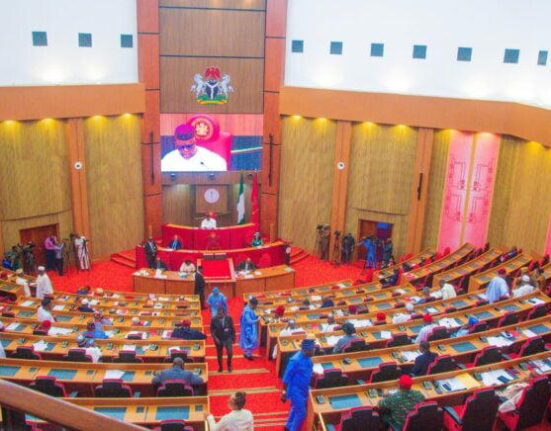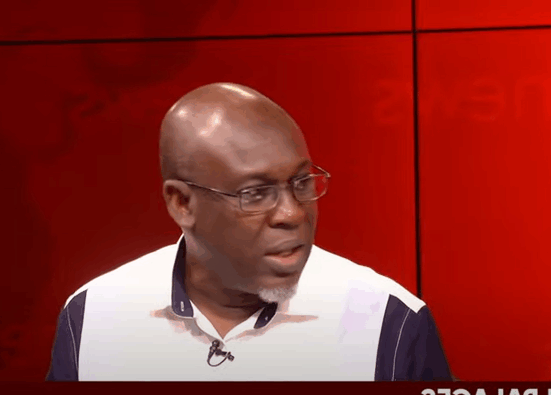Blank questions, power cuts, and a tragic suicide have plunged Nigeria’s education system into turmoil. The Joint Admissions and Matriculation Board (JAMB), responsible for university-entrance exams, recently confessed to a “technical glitch” that compromised the results of this year’s tests. This admission comes on the heels of widespread uproar over nearly 80% of students receiving unexpectedly low grades.
According to BBC Africa, students faced a myriad of challenges during the examinations — from difficulties logging into computers to questions not displaying correctly and power outages disrupting the entire process. These issues not only marred the exam experience but also significantly impacted student performance.
The heartbreaking aspect of this debacle is exemplified by the tragic death of Faith Opesusi Timileyin, a 19-year-old aspiring microbiology student who took her own life after scoring poorly in the exam. Her family revealed that Faith had obtained 146 marks out of 400, significantly lower than her previous score of 193.
Family Tragedy
Faith’s father shared with BBC Pidgin how her disappointment led to this devastating outcome: “The pain made her take her own life.” This unfortunate incident underscores the immense pressure and emotional toll that academic expectations can place on young individuals.
Academic Struggles
Historically, scoring above 200 out of 400 has been considered adequate for university admission through JAMB exams. However, only a fraction—400,000 out of 1.9 million students—achieved this benchmark in the most recent assessments. Such a dismal pass rate reflects one of the poorest performances in recent memory.
In response to mounting criticism and public outcry, JAMB has announced plans for affected students in certain regions to retake their exams as reported by BBC Africa. While this offers some hope for those impacted by technical malfunctions and irregularities during the initial tests, it also highlights systemic flaws within Nigeria’s educational evaluation processes.
Technical Challenges
Students like Favour Eke recounted frustrating experiences where essential questions failed to appear on their screens or encountered difficulties accessing their results post-exam. These setbacks not only disrupted their focus during testing but also jeopardized their chances of securing university placements.
JAMB Registrar Ishaq Oloyede publicly acknowledged the distress caused by these mishaps, expressing deep regret and issuing apologies for the ensuing chaos as documented by BBC Africa reporters. The registrar’s emotional breakdown underscored the gravity of the situation and emphasized a commitment to addressing these issues promptly.
Call for Accountability
Amidst calls for transparency and accountability, voices on social media—including opposition figures like Peter Obi—have demanded answers regarding these glaring failures within an essential institution like JAMB. Concerns about glitches compromising educational integrity have ignited debates about leadership responsibility and potential repercussions for those overseeing such critical processes.
As Nigeria grapples with this educational crisis stemming from technical deficiencies and administrative lapses in its examination system, it prompts broader discussions about safeguarding academic standards and ensuring fair opportunities for all aspiring students across the country.









Leave feedback about this